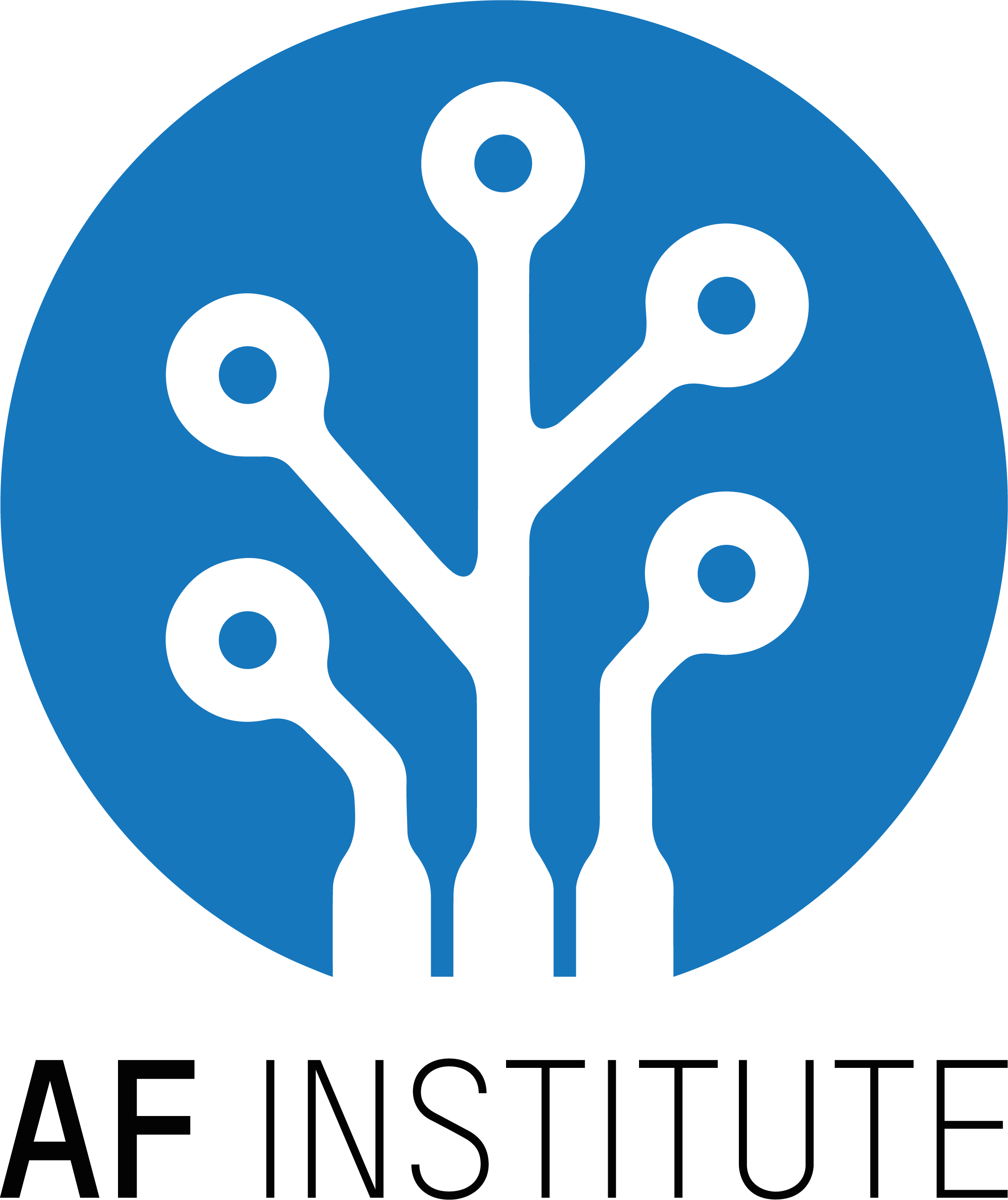DQ0 – Open access to data with best data protection
With DQ0, a data owner can store highly sensitive digital information in a secure enclave and grant full access to third parties while maintaining privacy. The data remains with the owner.
The robust security concept of the DQ0 access software (data protection, organization/processes and technical implementation) has been tested and certified by TÜV.
Example of public health
Hospitals and health authorities can use DQ0 to store patient data, diagnoses, therapies and disease history centrally in the enclave. External scientists and specialists can evaluate the data and gain insights from it. They have virtually full access to information that is important to them. What they do not see, however, is data worthy of protection, such as the name or address of the patients.
Application in research
A typical application case would be the transfer of large data sets to outside researchers. You can apply artificial intelligence to the data to, for example, create model calculations and gain new insights for science.
As all information subject to data protection is no longer visible, the data can be released without any concerns.
Unique benefits
- With DQ0, the data set remains unchanged. Nothing is blackened, anonymized, synthesized or pseudonymised. The data remains completely available. Nor does anyone need to be charged with anonymization or pseudonymisation or similar procedures.
- Model calculations based on this data have a higher quality, as the data has not been changed.
- Users will have access to high-quality data, but not to information that is subject to data protection.
Standard system does not protect adequately
Data protection generally faces a central question when it comes to data queries: How can the quality of the information be kept as high as possible in the course of a data query and at the same time the outflow of information worth protecting from the data be kept as low as possible?
Popular methods for making sensitive data available to third parties for scientific purposes are anonymisation, pseudonymisation, or synthesizing. These approaches reduce the quality of analyses as they change the data to protect the information.
In addition: Numerous studies and cases have shown that these measures do not adequately protect private information.
The most advanced approach
The DQ0 data quarantine, on the other hand, works according to the most scientifically advanced method: differential privacy. Quarantine securely includes the data and allows analysis without manipulating the data itself. Only the response to data queries is changed so that information contained in the data is protected. The models are trained with the data and only validated, universally valid information leaves the data quarantine; thus conclusions on individual persons or confidential individual information are never possible at any time.
Combination with the AFI Anonymizer
The AFI anonymizer can be used within the DQ0 platform. Thus, the input data is optimally protected by DQ0, and the data owner can release the data either anonymised or pseudonymised by the AFI anonymizer for public use after examination.
Local or remote
Users can work with DQ0 locally or remotely. The SDK must be installed for local mode.
This allows machine learning applications to be written, which are then processed safely in the enclave. For remote mode, the user must connect to the proxy.
The software is delivered without data; the development has been carried out with test data typical for the application.

